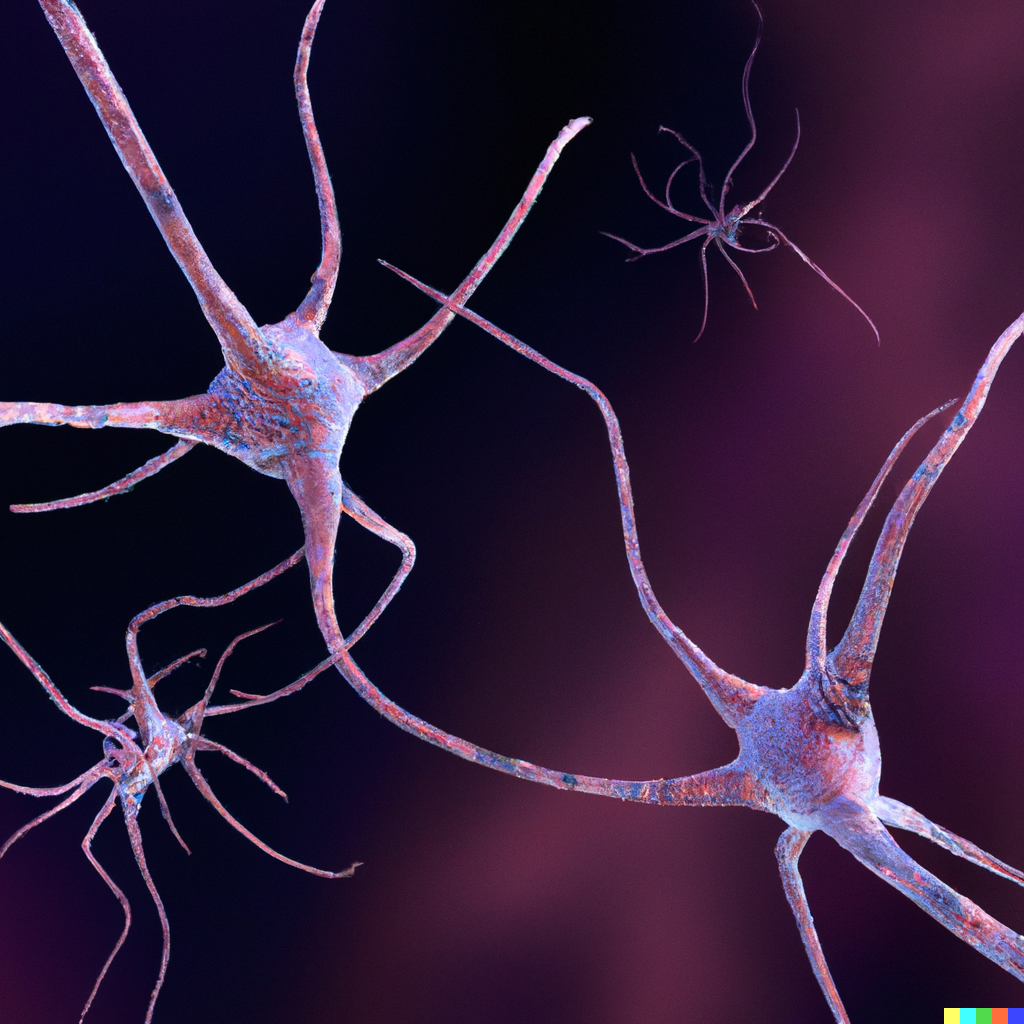The Real Reason You Can’t Connect with People Anymore
Connecting with others is a fundamental human need, yet many of us find it increasingly difficult to form meaningful relationships. This struggle isn’t just about being shy or introverted; it’s rooted in deeper issues that affect how we interact with each other.
One major obstacle is the fear of being judged or exposed. Many people, especially men, often hide behind a mask of confidence or humor to avoid vulnerability. This fear leads to superficial conversations where we share half-truths rather than genuine feelings. The irony is that everyone is waiting for someone else to take the first step towards openness, creating a cycle where no one feels safe enough to be honest.
Our modern lifestyle also plays a significant role. We’re constantly on the move, working long hours, and filling our calendars with obligations. Digital distractions and family responsibilities further complicate our ability to nurture deep connections. Instead of addressing the loneliness that comes from these shallow relationships, we often numb it with busyness.
Another challenge is the lack of infrastructure for meaningful connections. Unlike previous generations, we don’t always have built-in communities like close-knit neighborhoods or family gatherings. This absence of natural social networks makes it harder to find people with whom we can share our true selves.
Defensiveness is another barrier to connection. When we feel unheard or dismissed, we build emotional walls that prevent us from truly engaging with others. Over time, these walls can lead to resentment and further isolation.
Lastly, some people may struggle with social communication disorders, which affect how they interact with others. These disorders can make it difficult to start conversations, understand social cues, or connect on a deeper level. While these challenges can be subtle, they can significantly impact one’s ability to form lasting friendships.
Ultimately, connecting with others requires a willingness to be vulnerable, to listen deeply, and to create spaces where meaningful interactions can occur. By acknowledging these challenges and working to overcome them, we can build stronger, more authentic relationships.





